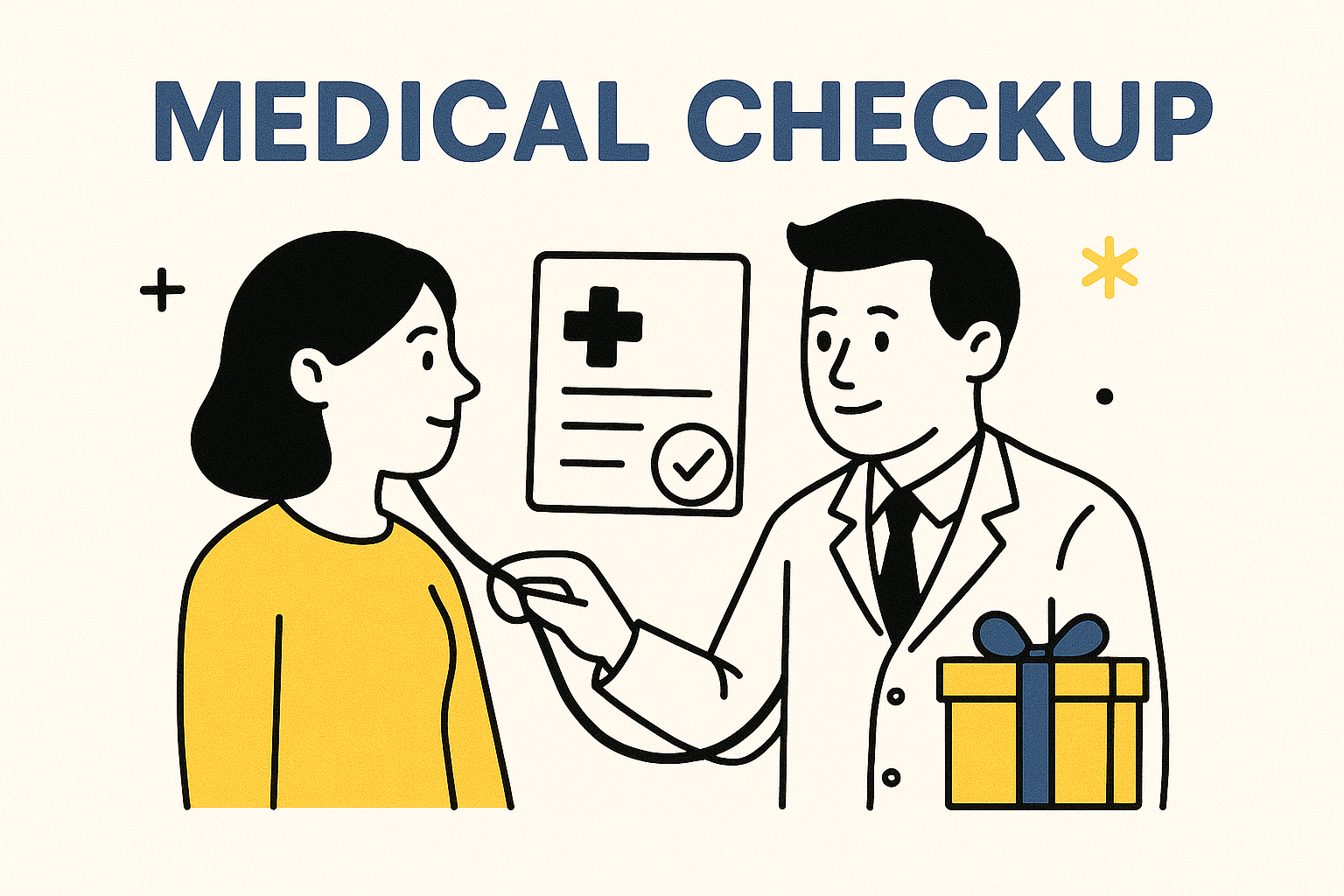Thinking of starting another company? Here’s why it might cost you in tax
Got a shiny new business idea? Want to start something new with a cofounder? Or maybe you’ve got a side hustle to your main gig… or even aside-side hustle to your side hustle? You get the gist.
Setting up another limited company can feel like the smart,organised thing to do. You keep things separate: a new bank account and a clean set of books (although we like to think all books are clean with Mighty!).
But (you knew there was a but, right?) it can also mean paying more corporation tax than you expect.
Let’s talk about Associated Companies: what they are, why HMRC cares, and how they could change your tax bill.
What are “Associated Companies”?
In HMRC-speak, two companies are “associated” if:
- One company controls the other, or
- Both are controlled by the same person (or group of people).
In plain English: if you’re a shareholder in more than one company, HMRC might see them as connected, even if they do totally different things.
The idea here is to stop people from splitting one big business into several smaller ones just to access lower tax rates across the board.
Why does it matter?
Since April 2023, UK companies pay corporation tax based on how much profit they make:
- Up to £50,000: taxed at 19% (the small profits rate)
- Over £250,000: taxed at 25% (the main rate)
- In between: a gradual increase thanks to Marginal Relief
That Marginal Relief calculation can be a bit of a head-scratcher, so here’s an easier way to think about it:
- The first £50,000 is taxed at 19%
- Profits between £50,000–£250,000 are effectively taxed at 26.5%
- Anything above £250,000 is taxed at 25%
Here’s the catch: those profit thresholds are shared between all your associated companies. So, if you have two companies that HMRC considers linked, your £50,000 and £250,000 limits get split in two, meaning each company’s new limits are £25,000 and £125,000. That means both companies start paying higher tax rates sooner than you’d expect.
A quick example
Let’s say:
- Company A (your main gig) makes £40,000 profit
- Company B (your side hustle) makes £30,000 profit
If they weren’t associated, both would be under the £50,000 threshold and taxed at 19%. Happy days.
But because HMRC says they’re associated, each company only gets a £25,000 threshold. As a result, you’d end up paying around £1,500 morein corporation tax. Not so happy days.
“But how does HMRC decide if companies are associated?”
It all comes down to control: who has the power to run each company.
That includes voting rights, shareholdings, or even who can appoint directors.
Here are some common scenarios:
Associated:
- You own 100% of one company and 50% of another. You control both, so these would be associated companies.
- You and your partner each own 50% of two companies together. The same group of people are in charge, so these would be associated companies.
Not associated:
- You and Lucy each own 50% of Company 1, and you and Nasir each own 50% of Company 2. These companies are controlled by different “groups”, so HMRC doesn’t treat them as associated.
What about dormant or loss-making companies?
- Dormant companies (no trade or business activity during the year) are usually ignored for these rules.
- Loss-making companies, unfortunately, still count as associated, even if they’re not paying any tax themselves.
What if my spouse or family owns another company?
HMRC can take “associates” into account like your spouse or close family members. However, they’ll only link your companies if there’s also“substantial commercial interdependence”. Basically, if the businesses are financially or operationally connected (sharing money, customers, or staff).
So if your software company and your partner’s coffee van operate completely separately, you’re fine (unless you’re planning to launch a coffee-ordering app, in which case, sign us up).
But if your bakery and their “separate” delivery company only work with each other, HMRC will likely see them as one and the same.
Key takeaways
- Associated companies share profit thresholds for corporation tax.
- “Control” usually means owning 50% or more, or sharing control with others.
- Dormant companies are usually ignored, but loss-making ones still count.
- Family links only matter if your businesses are commercially connected.
- Always check before setting up another limited company, it could affect your tax rate.
If you’re thinking about launching another business, get intouch. We’ll be happy to help you figure out the best way to structure this.

.svg)

.svg)

.svg)









